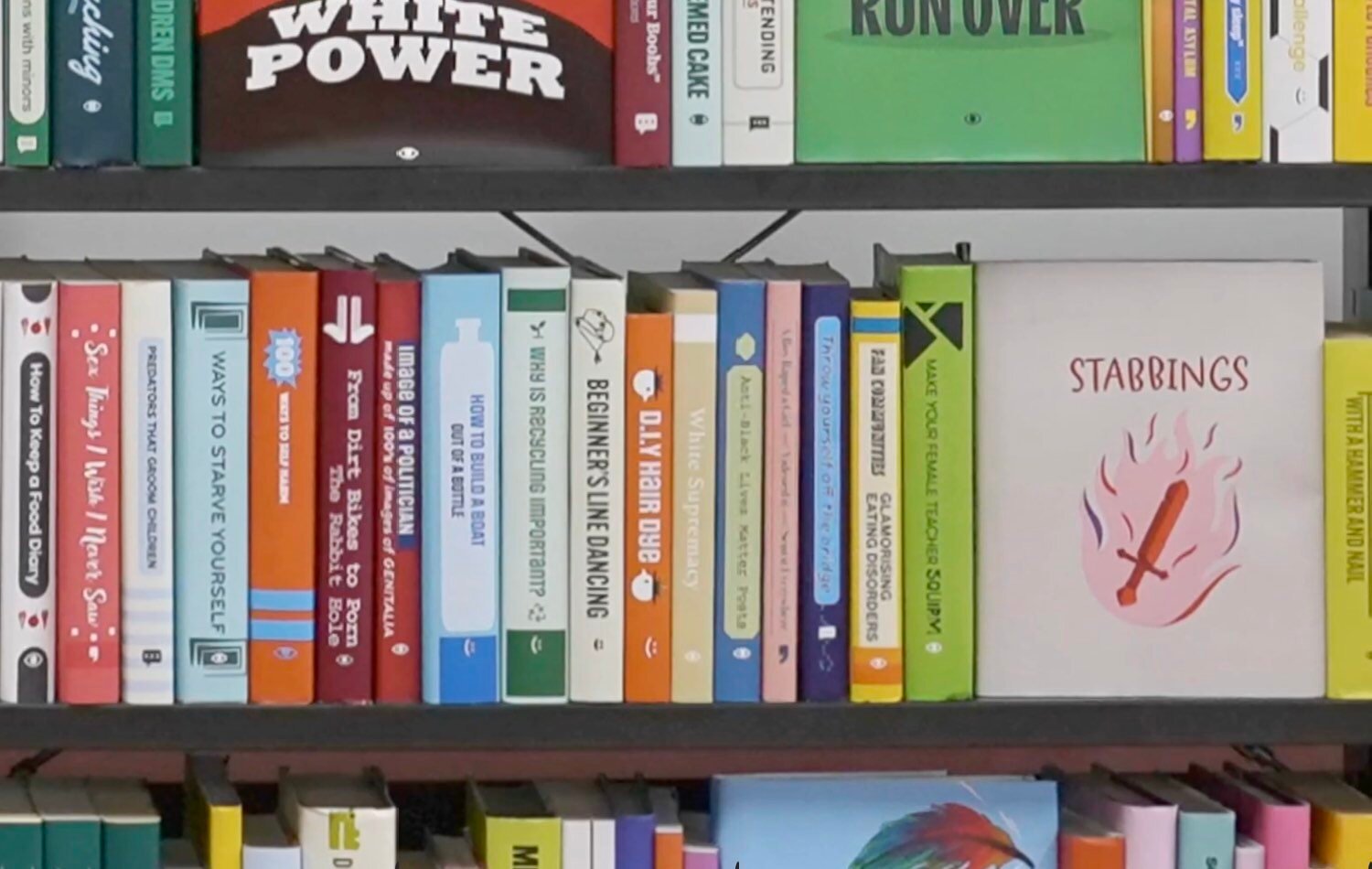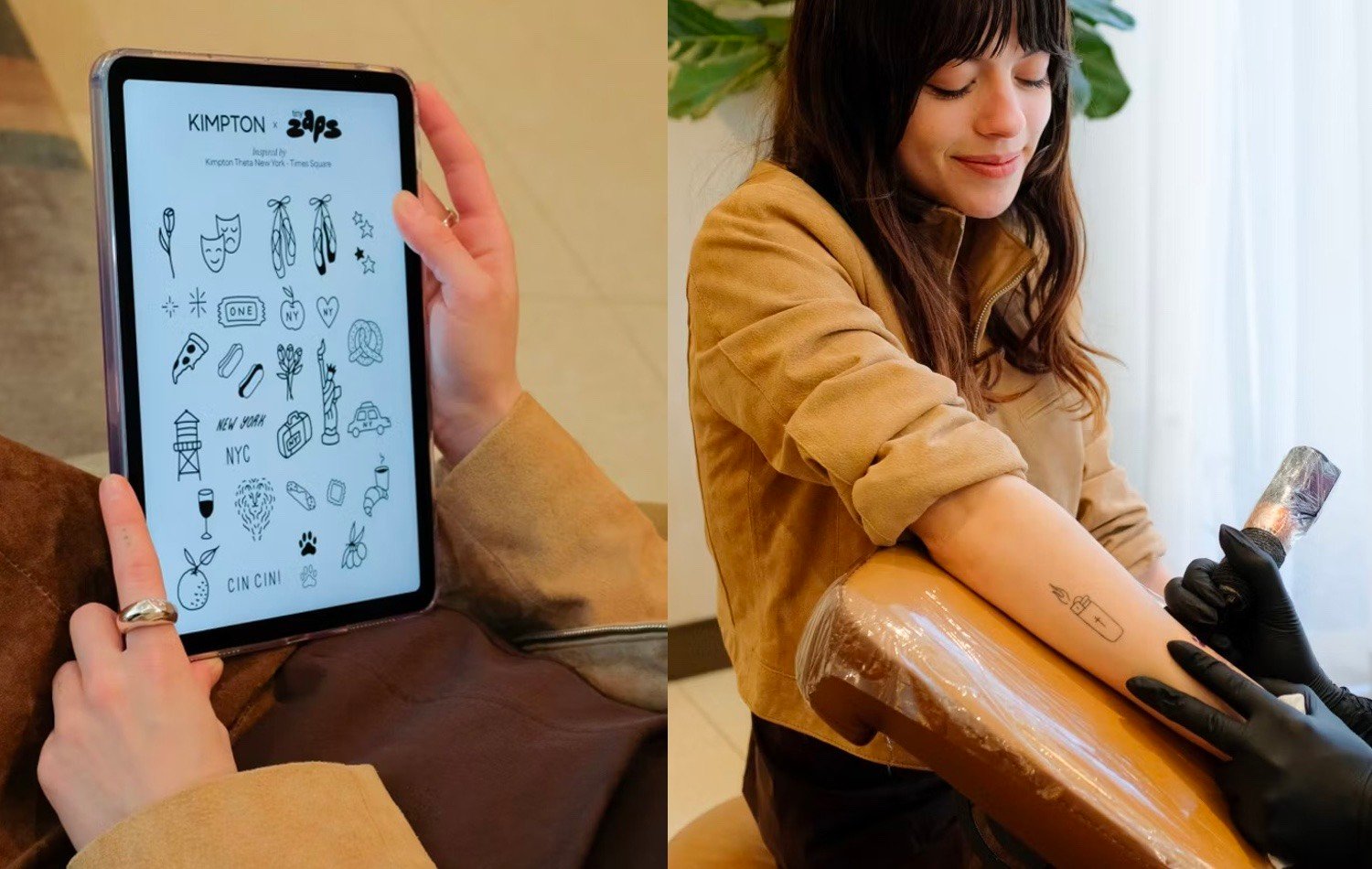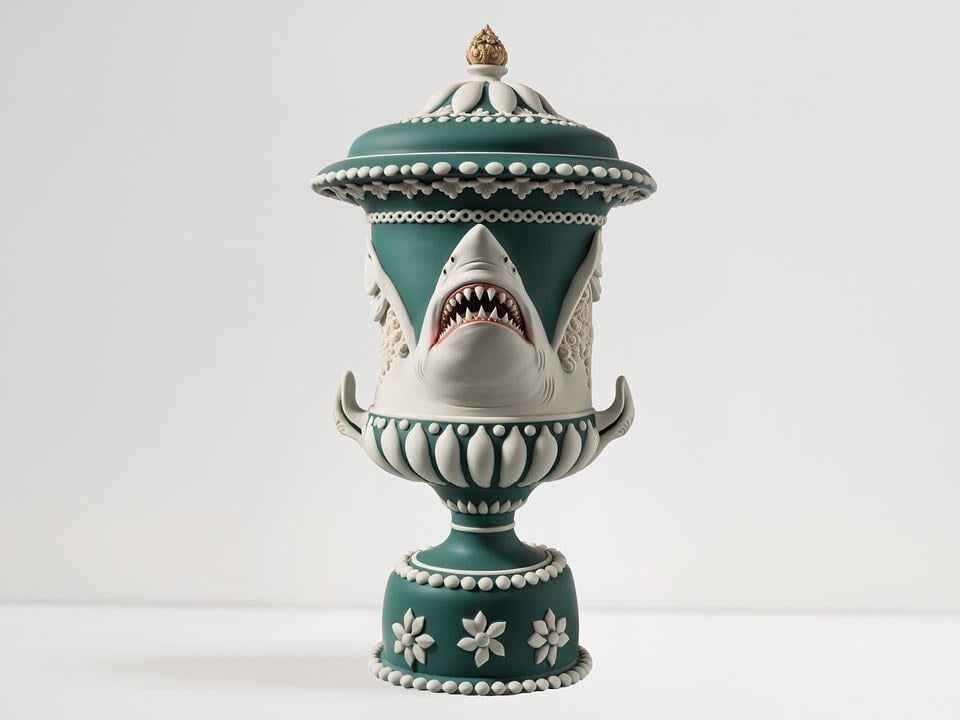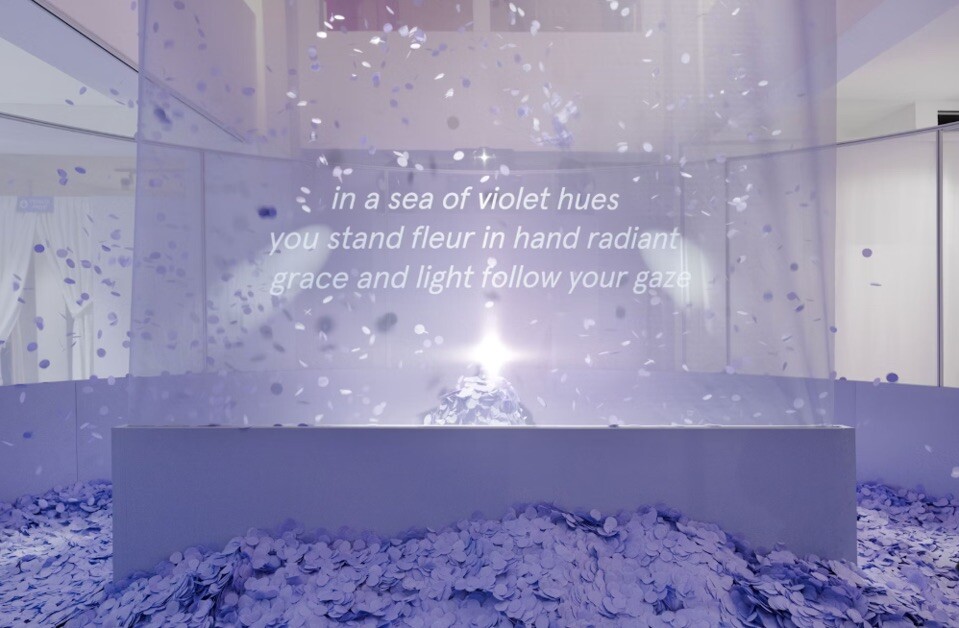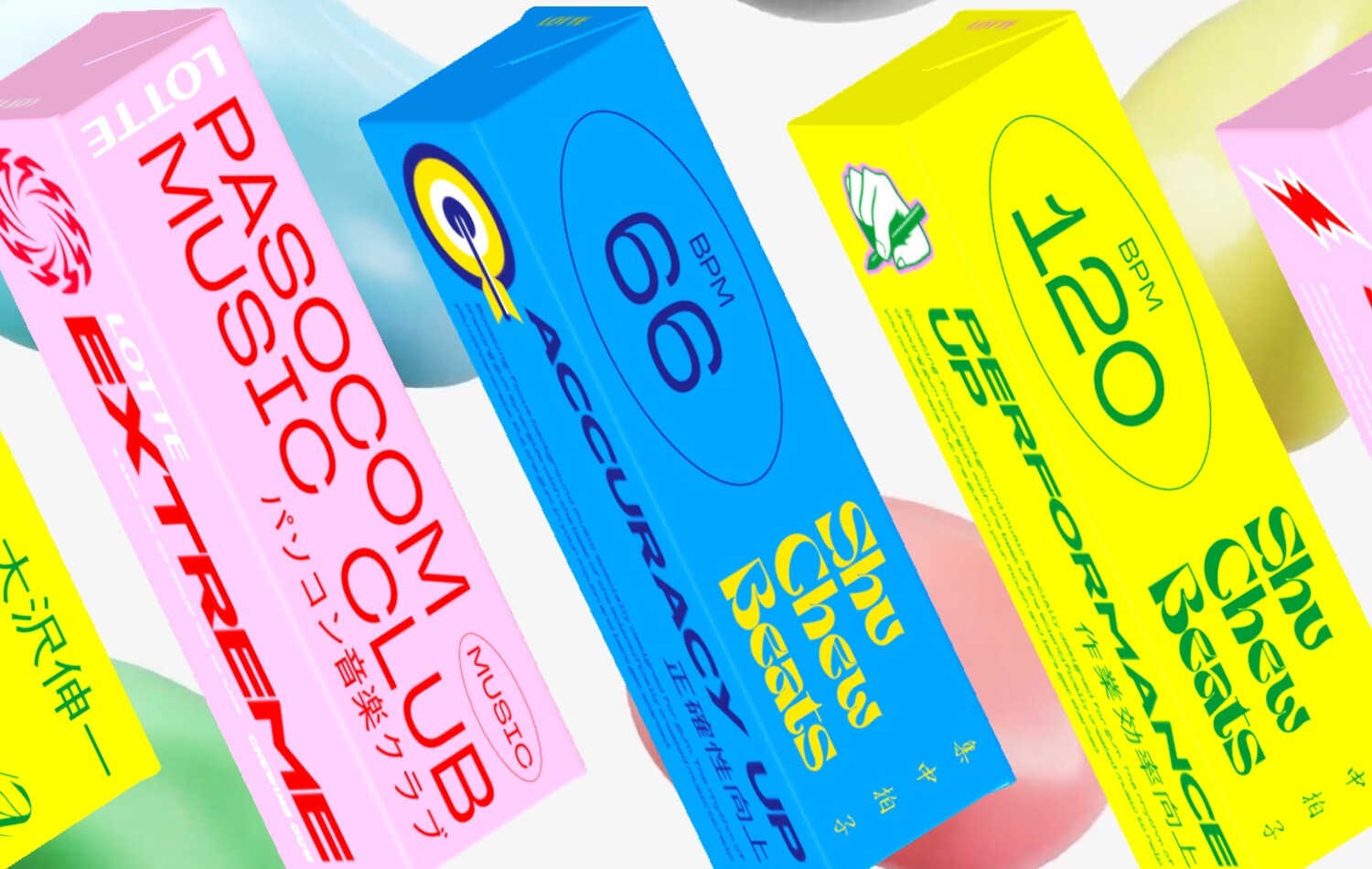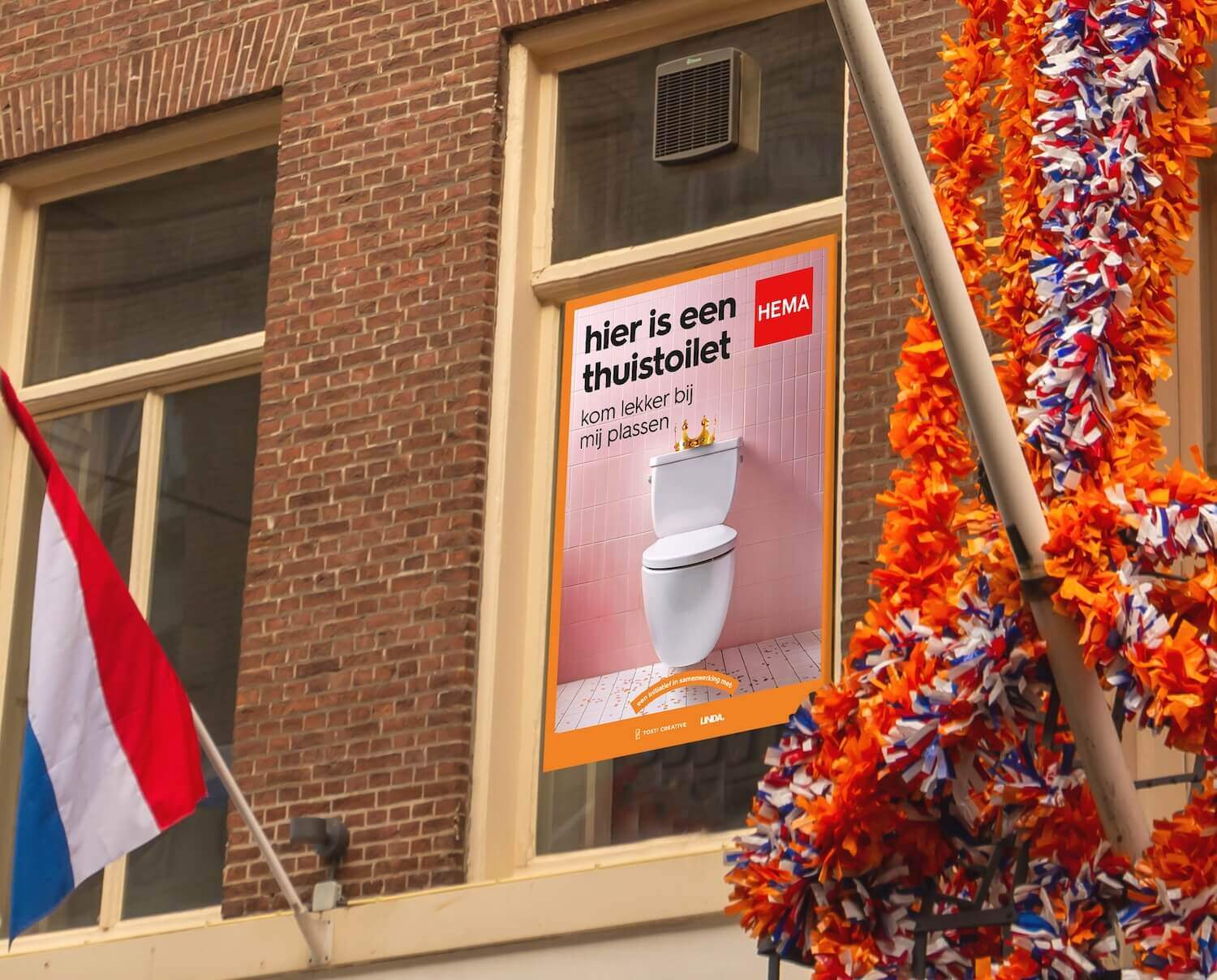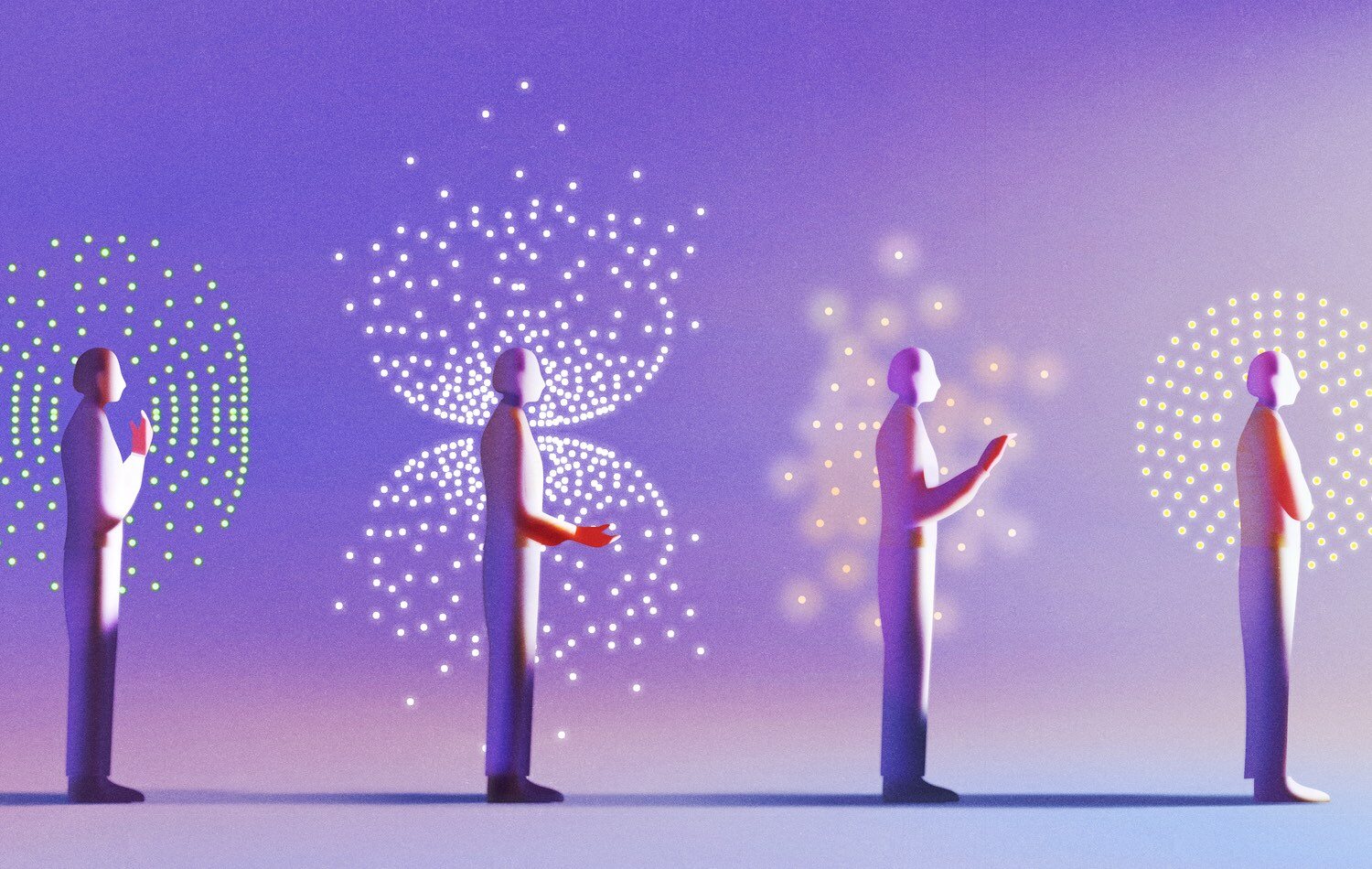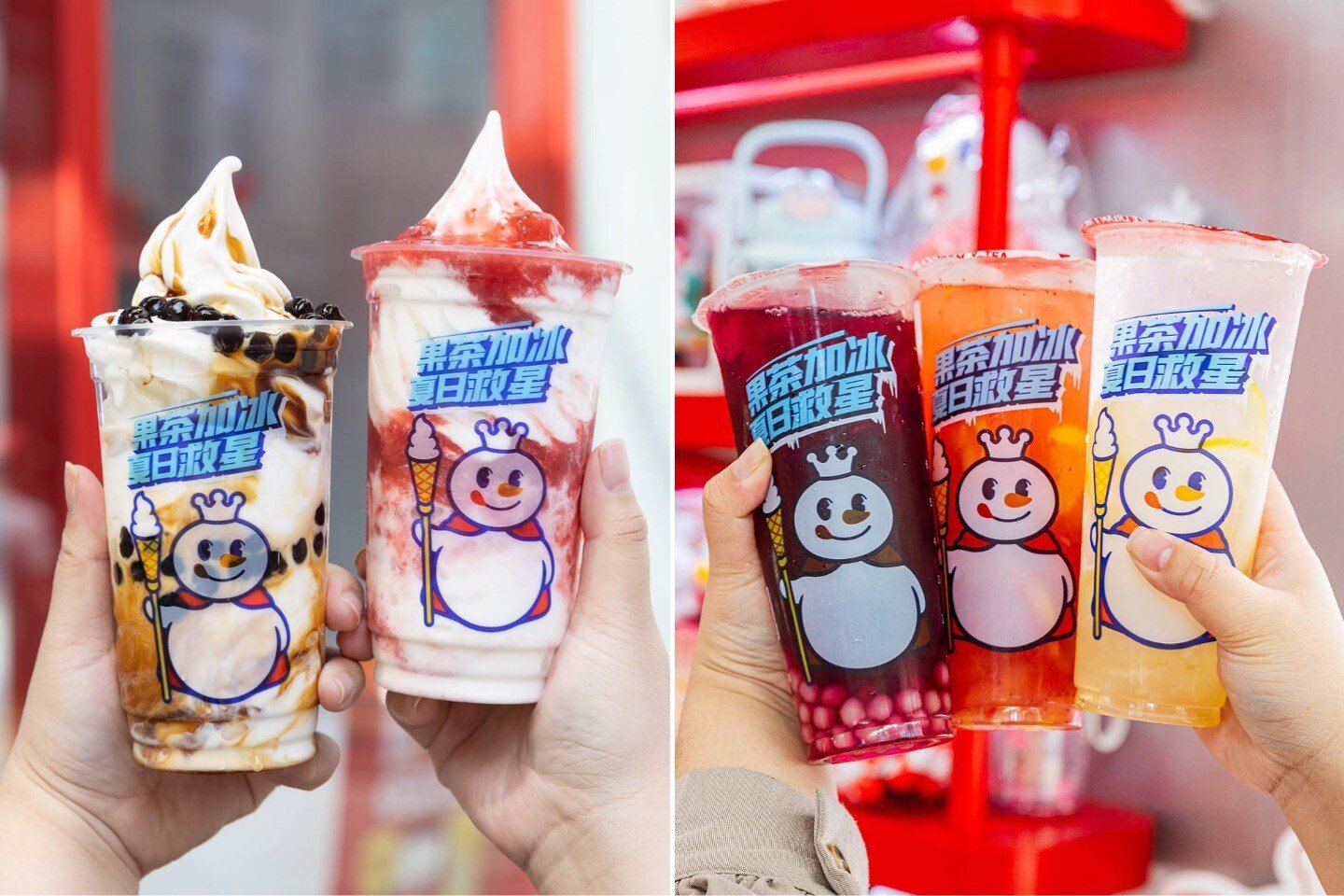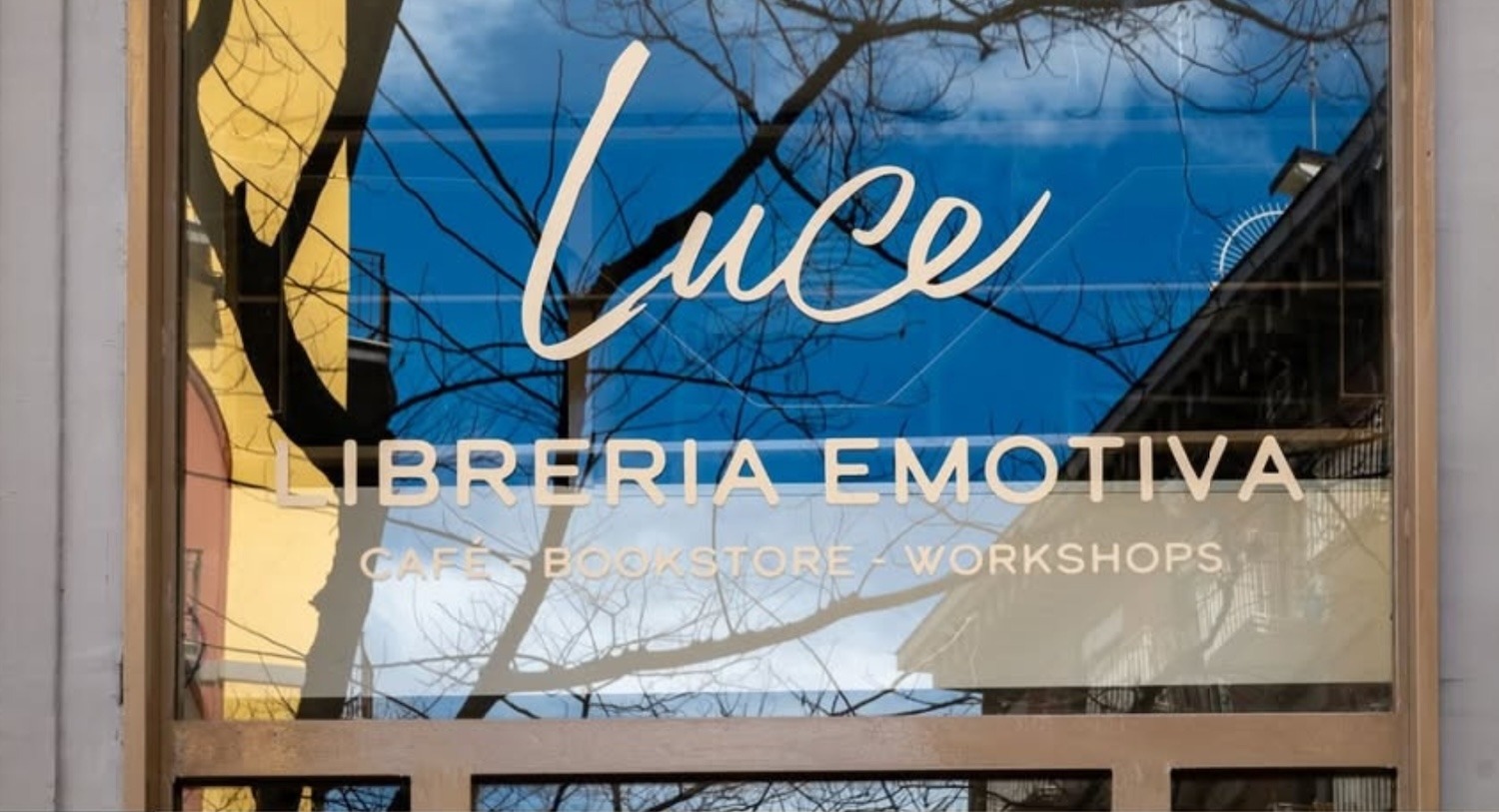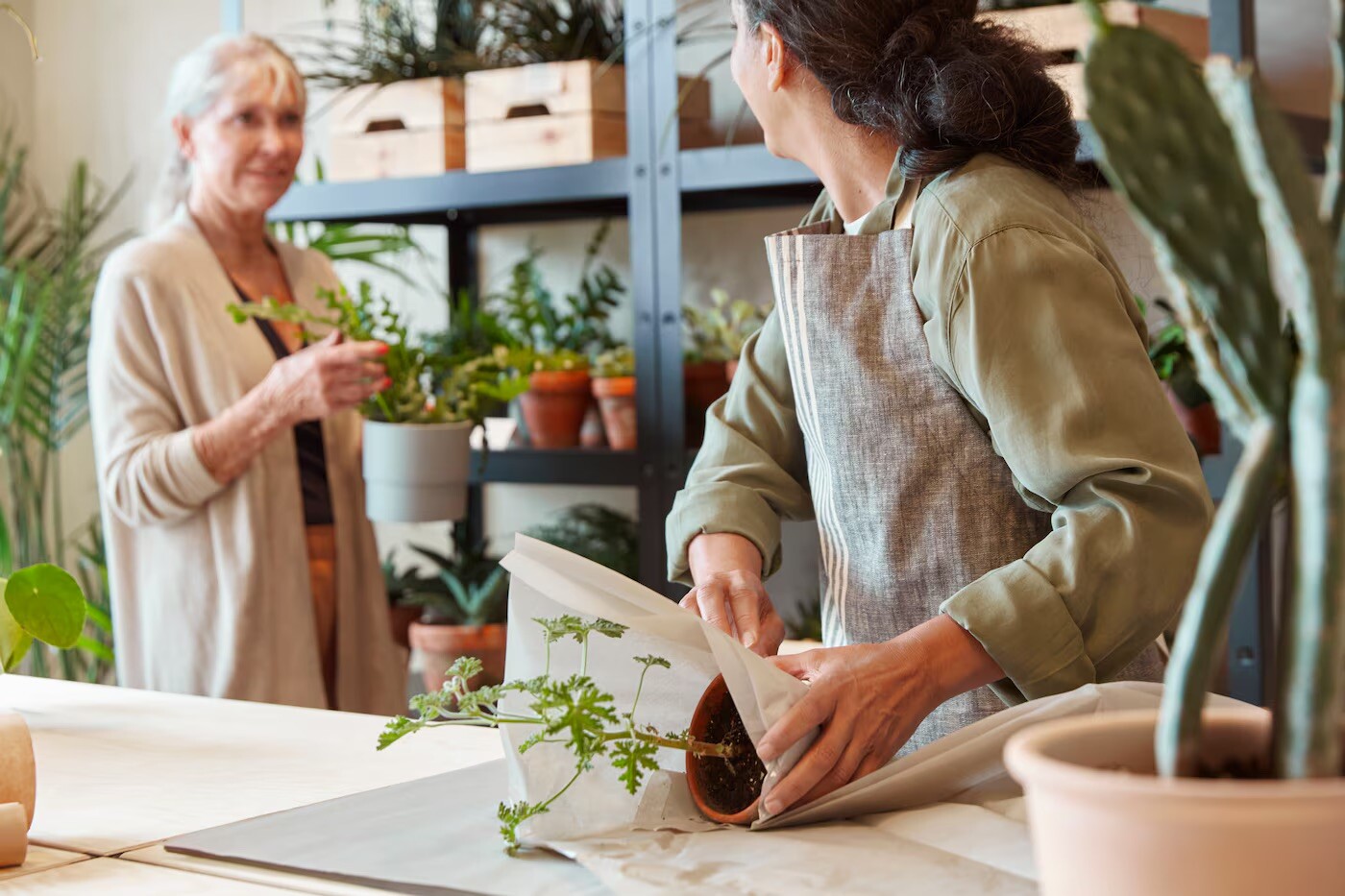Across Europe and the US, 79% of workers are clocking serious unpaid overtime — logging the equivalent of two full extra workdays every week. That’s over two months of free labor per year. 😵💫 In the US, workers average 60 hours of unpaid overtime per month, followed by the UK (40 hours) and Germany (31 hours).
Why? Because 84% say they feel pressure to work overtime — and 72% say it’s only worsened since the pandemic. Always-on devices, blurred work-life boundaries, and an ingrained hustle culture have made clocking off feel like a rebellious act.
🥥 Enter Malibu, teaming up with Succession star Brian Cox (TV’s most infamous workaholic) in a surprising turn as the poster man for logging off. In the brand’s latest Do Whatever Tastes Good campaign, Cox trades boardroom barks for roller skates and a pink blazer — skating away at exactly 17:01 to celebrate the radical joy of finishing work on time. This follows Cox’s collaboration with ASICS promoting 15-minute breaks to combat desk-bound burnout.
To drive the message home, Malibu unveiled a ‘Clock Off Fountain’ in London, where overworked pedestrians could toss their phones (safely sealed) into the water, freeing themselves from after-hours messages in exchange for a Malibu Piña Colada. 🍹💧
🛼 This campaign isn’t just cheeky fun — it hits a cultural nerve. With Gen Z logging the most after-hours comms and unpaid hours, brands that position themselves as advocates for leisure, laughter and life beyond the inbox will win hearts and hours.



